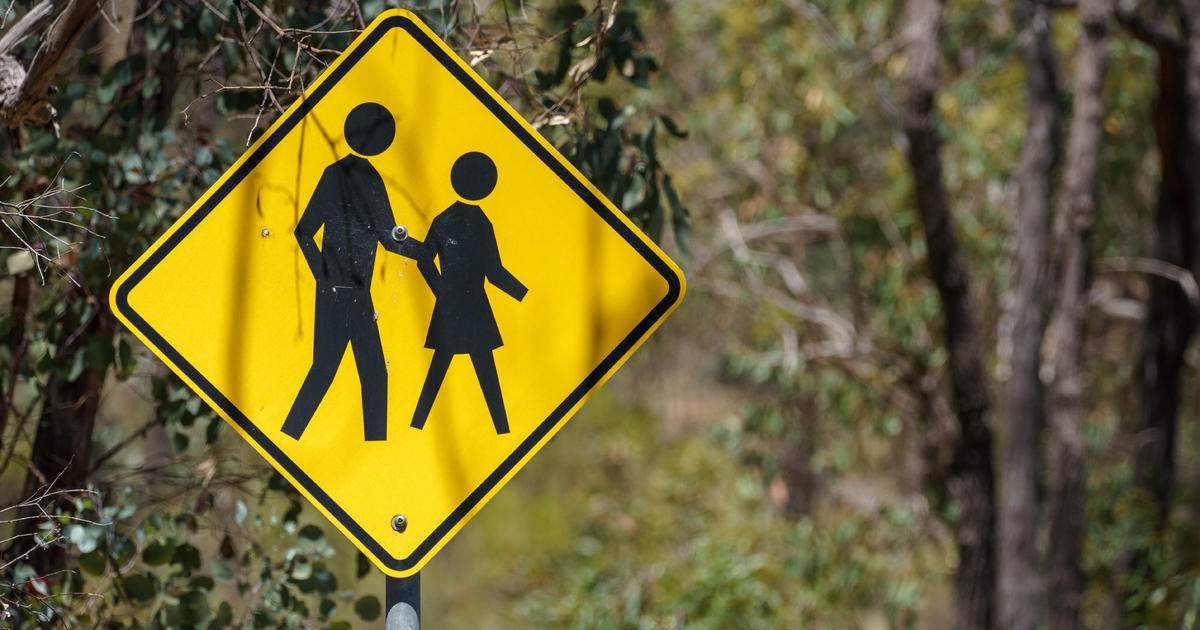Guitarist Honored Alongside Nation's Top Artists
By JUSTIN JOUVENAL
The Washington Post
ROCKVILLE, Md. (AP) -- To find the guitarist recently honored alongside B.B. King and John Lee Hooker as one of the nation's greatest traditional artists, bypass the big clubs and head for a more unlikely spot: the Shady Grove Metro station.
Warner Williams just might be there picking his guitar, a bucket set in front of him for tips. It's one of the last places you'd look for major talent, but Warner Williams's stage is wherever he is.
Williams can slide between styles as easily as the arm of an old jukebox snaps a fresh 45 on the spindle. Piedmont blues flow into hillbilly. R&B segues to bluegrass. Vintage rock gives way to gospel. His fingers are nimble but as unhurried as a country ramble. His voice is warm and weathered.
At 81, Williams is among the last, and perhaps the greatest living example, of a musician who grew up playing in the style of the songster -- the largely African-American tradition of troubadours that is older than the blues. Songsters once dotted the South. Some roamed far and wide playing on train platforms, dusty crossroads and as warm-up acts for medicine shows.
Before the rise of the record industry and radio, they were human iPods, able to pick out a dizzying array of popular songs for whoever had enough cash to call the tune.
This summer, the National Endowment for the Arts awarded Williams the nation's highest honor for a traditional musician, a National Heritage Fellowship. The recognition is a departure for Williams, who released his first major label album at the age of 74 and never pursued a full-time career in music in his earlier years.
Instead, he drove a garbage truck for the Maryland-National Capital Park and Planning Commission to support his wife and eight children.
In the spirit of the earlier songsters, Williams has spent most of his music-making years working a circuit that took him through the heart of a bygone musical Washington: suburban Maryland juke joints, rough-and-tumble house parties known as "house hops" and the District's golden era of street-corner pickers.
The Guitar Man, as he bills himself, is an enigmatic character who rarely answers questions about himself with more than three words. (As a fellow musician put it, "You'd be fortunate for him to corroborate his date of birth.") When he does speak of his youth, the stories sometimes change.
Williams wears wraparound shades and a cowboy hat, sometimes with a jackknife tucked in the band. He has had some minor scrapes with the law.
His commercial success has been limited, because he refuses to fly on planes and has an aversion to recording his own songs -- not that the spotlight seems to matter much to Williams.
"I see him as one of the torchbearers," said Rick Franklin, a blues guitarist who has played with Williams. "He learned his music and played his music in the community. He remained the neighborhood-type fixture. You can still find him playing on the street."
A 'Country Boy'
On a recent Wednesday night, Williams was slated to play a gig at the Armed Forces Retirement Home in Northwest D.C. Fifteen minutes before showtime, Warner sat down and plowed into his set, just as the sound man was trying to do a sound check. Williams blasted through everything from Fats Domino's hit "Blueberry Hill" to his signature jaunty blues shuffle "Hey Bartender, There's a Big Bug in My Beer."
"Hey Bartender, there's a big bug in my beer. Big ole bug drinkin' all my brew," Williams crooned.
Williams is from Takoma Park. When he was born on May 7, 1930, the idea of a country boy from Takoma Park was a less improbable.
The city was near the edge of the District suburbs. Williams said cornfields stretched not too far from his home and"old New Hampshire Avenue was nothing but woods and country."
The son of a cement finisher and a house cleaner, Williams was one of 11 children raised in a musical family. Williams picked up the guitar at age 4, spurred on by his father who also taught music and played fiddle. Williams's older brothers, who served in the Navy, brought home the blues. He said he learned some songs by listening to records on a windup Victrola phonograph.
Relationships with white people could be combustible in Takoma Park. Williams said he was sometimes jumped in the street, but he also learned to play country with white neighbors. He sees country and blues flowing from the same source.
"They both got meaning," said Williams. "Country ain't nothing but the blues."
By his early teens, Williams was hopping streetcars and buses to get into the District, often paying his fare with a song. He'd wander through the city, playing tunes for change until the police shooed him away. A staple of Williams's sets is a Piedmont blues classic, "Step It Up and Go," which he has said is reminiscent of his early days as a street-corner player: "Up come the law and knocked on the door/ You gotta step it up and go."
At 22, he won an on-air talent show on WWDC hosted by Jackson Lowe, a white DJ who was an early champion of R&B. Williams started playing juke joints and house hops around the Maryland suburbs soon after.
At house hops, somebody would make food, another person might bring the liquor and Williams was called on to provide the music. He would pick songs and people would dance, paying him tips in whiskey they would lay at his feet. Sometimes, the rowdy partying would spill into fistfights. Williams said he learned to go on playing through the commotion, because stopping "makes it worse."
When Williams married his wife, Karoline, and started his family, he continued to play on weeknights and weekends, said his daughter Sheila Williams. Many of Williams' children live in the area.
"When he walked in that door from work, the first thing he did would be to pick up his guitar. He would just play for a couple of minutes then go on about his business," Shelia Williams said.
"Anything tragic that happened in the family -- whatever he felt -- he expressed through music."
New Fame And An Old Gig
Tom Mindte first caught Williams at an open-mike night at a hole-in-the-wall bar in Olney in 1989. Mindte, who owns the small label Patuxent Records, had no idea who Williams was, but he was stunned by what he saw -- something akin to walking into karaoke night and finding Placido Domingo on the mike.
"I wrote down every song that he did," Mindte said. "It was amazing someone that great was at an open mike playing for free."
Mindte later recorded a set of Williams's music, but the quality of the recordings was not good enough to release. It took another eight years before Mindte could corral Williams to sit for another session. It turned into his first album, "Little Bit a Blues."
The album features Williams's sidekick, Jay Summerour, on harmonica.
Williams major label debut, "Blues Highway" was released in 2004 and helped bring him to wider attention. Summerour has also helped guide Williams to bigger gigs at Wolf Trap, the National Folk Festival and other spots in recent years, but Williams is still more likely to be found playing a house party, a small club or busking on a street corner.
Williams's sky-blue mobile home on Mount Zion Road in Gaithersburg sits on land owned by his grandmother, who Williams sometimes says was a slave.
Down the road, Williams regularly picks his guitar during the open-mike night at a small restaurant called Dave's American Bistro. Williams has played there for roughly 25 years, said Kevin Sheehan, the current owner.
Under other names and in earlier times, Sheehan said the spot was a dirt-floored honky-tonk, or as a sign once proclaimed at its entrance, "the honkiest-tonkiest beer joint in town."
Williams played for white bikers, who bellied up to the bar for Pabst Blue Ribbon and pig knuckles. It wasn't a place that always welcomed African Americans, but Williams had a loyal following, Sheehan said.
There's nothing honky-tonk about the place now. Suburban families sit around handsome, stained wood tables eating mahi-mahi tacos and charbroiled ribeye steak.
During open-mike nights, Williams regularly sails past the 30-minute time limit, but no one seems to mind, Sheehan said. The Guitar Man and his guitar can still keep audiences rapt after 70 years.
"He's a legend around these parts," Sheehan said.
He stopped only once during the set to say: "My name is Warner Williams, and I'm from the country."
(Copyright 2011 by The Associated Press. All Rights Reserved.)



